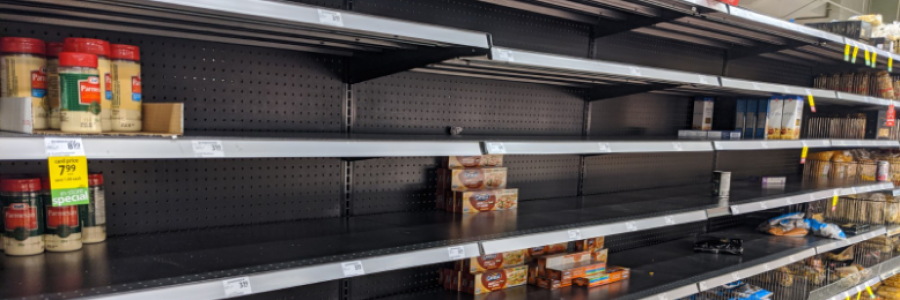Why is the whole world worried about coronavirus?
Coronavirus has been officially registered in the countries. Until then, we had heard that this pandemic was a concern of the world, a situation in the countries of near and far abroad...
Are you ready for anything in the abdomen? Unfortunately, most of us do not even think about it, and we do not know what to do. As a result, today, some stores are pushing prices on products. Some sellers have stopped trading due to rising prices
We have a panic virus, not a coronavirus.
For example, if you have a shortage of food and your neighbor is without food, will you be able to sit quietly at home with your children and eat through?
It is also a test, and the test will show who are you!
Information about coronavirus on the planet is first in the news, with various states imposing quarantine, and all this in some places encouraging people to make unusual decisions - for example, buying large toilet paper or alcohol!
Do we all die? No
Doctors said Covid-19 was far more common than regular flu. But you have to pay attention to the absolute numbers and other details.
The Johns Hopkins University of America has created an interactive and rapid map of the spread of coronavirus.
These data, collected by Americans, are particularly reminiscent of what is rarely mentioned in the news: more than half of those infected (over 63,000) have already recovered.
About 80% of registered patients have easy illness.
As of early Tuesday, more than 113,000 cases were registered worldwide (including 81,000 in China), with more than 4,000 deaths (including 3,000 in China). Thus, the mortality rate is 3.5%.
Most of the dead are very old people, and for young people the risk of dying from coronavirus is close to zero, much has been written.
In addition, another factor must be taken into account when assessing mortality. According to doctors, the disease is so easy for some people that they do not even notice it, even with a simple cold. If these patients can be identified and counted, then the mortality rate may drop significantly.
For example, according to Professor Chris Whitty, the Chief Medical Officer of England, the mortality rate in the region is 1%.
